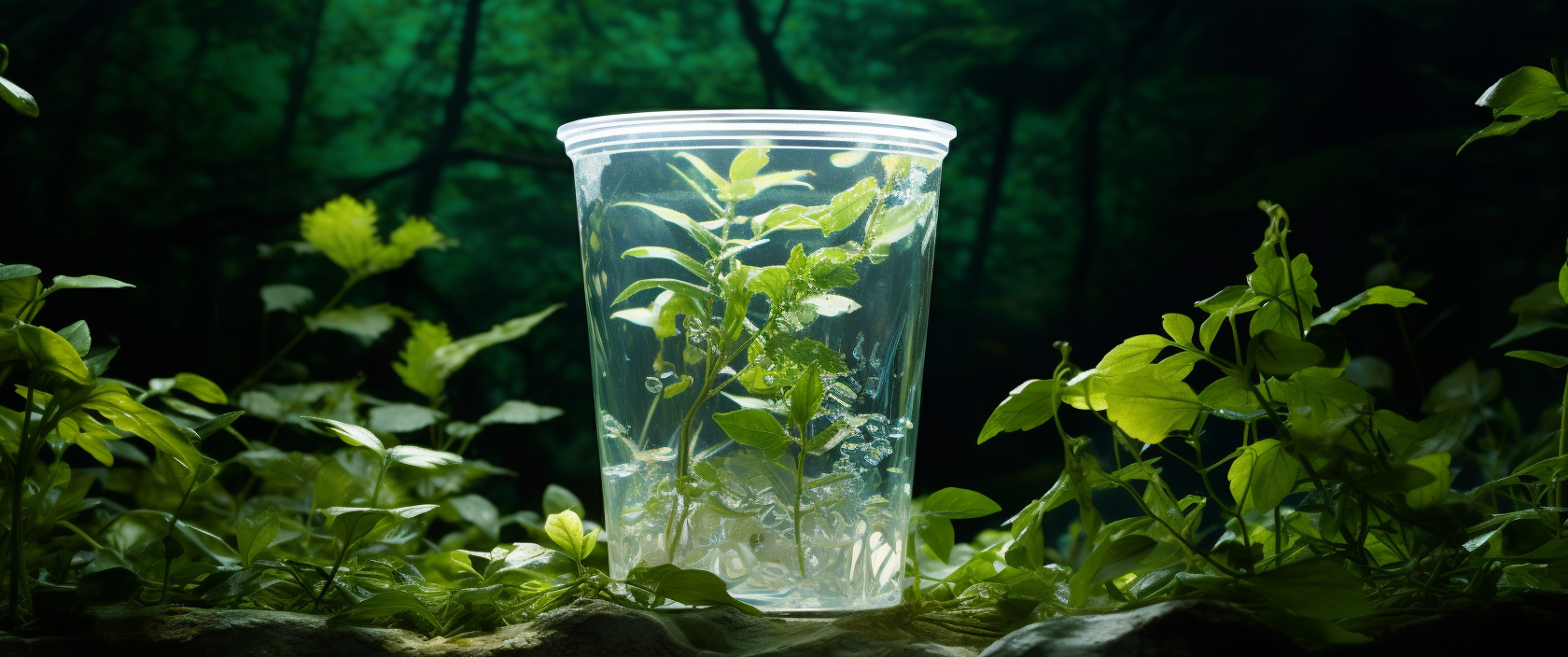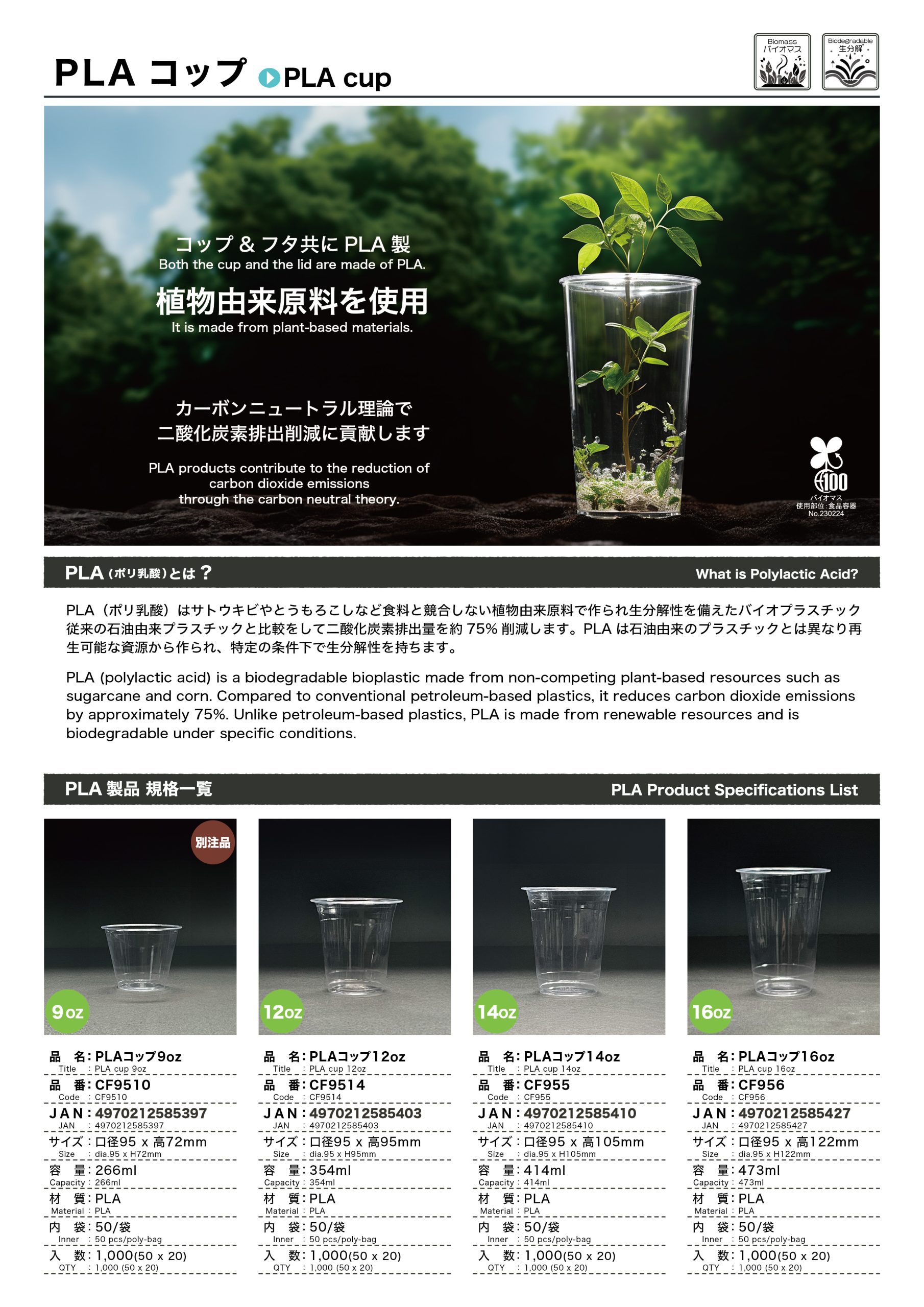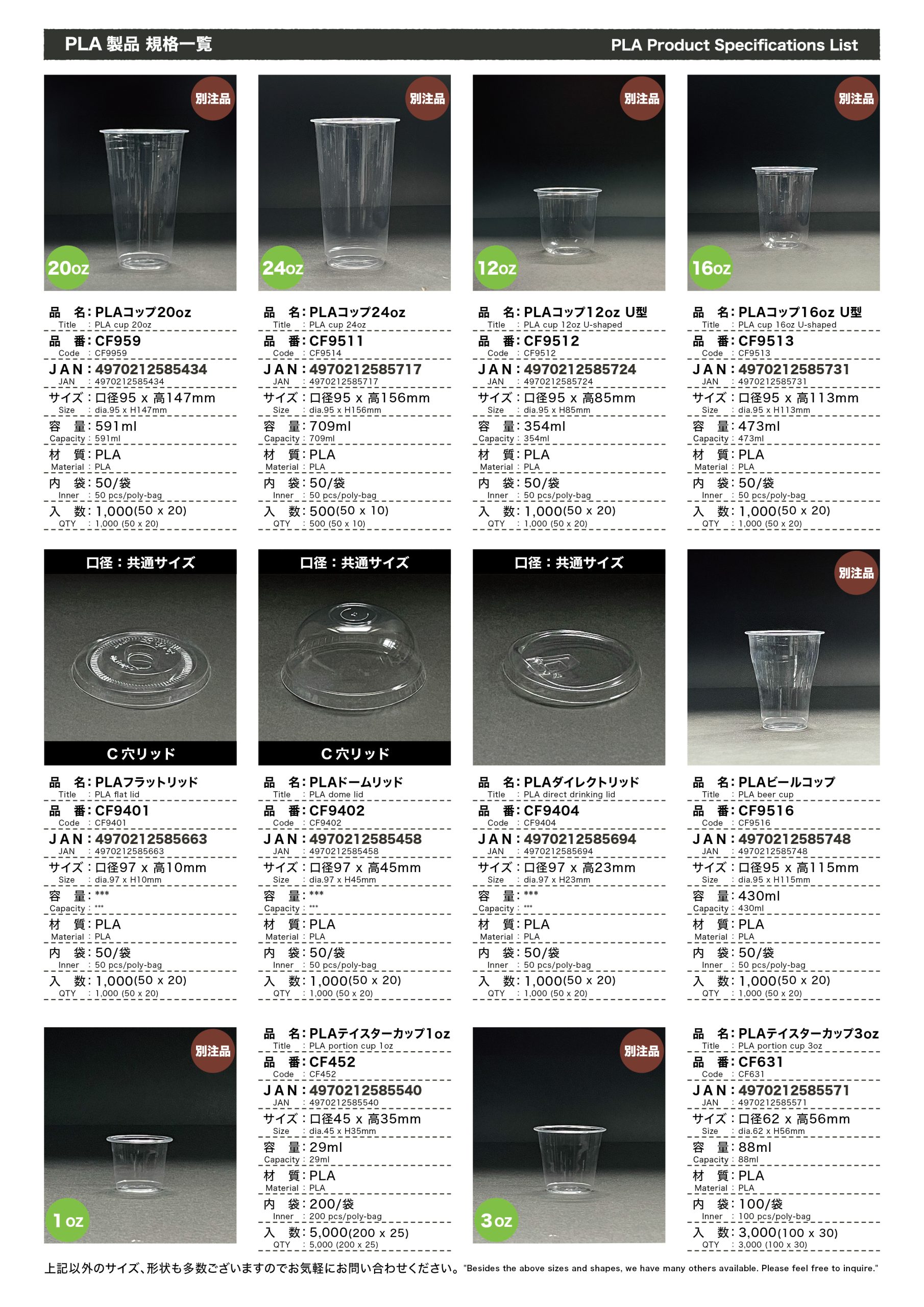What is "Biodegradability" ?
"Biodegradability" refers to the characteristic of a substance to naturally decompose through microbial activity (such as bacteria and fungi), converting it into fundamental environmental elements (e.g., water, carbon dioxide, methane, minerals, etc.). This process occurs under specific conditions, and as a result, biodegradable materials will break down and disappear over time in the natural environment.
Biodegradability is gaining attention as one method to reduce environmental impact. This is because typical plastic products, when left in the environment, can persist without breaking down for centuries, leading to environmental concerns. On the other hand, biodegradable plastics and other materials have the potential to decompose in a relatively short period under appropriate conditions, possibly mitigating their impact on the environment.
It's crucial to understand the following points:
Conditions Matter: Even if a material is biodegradable, the conditions under which, and the speed at which, it decomposes can vary. For instance, while it might rapidly decompose under the high temperatures and humidity of industrial composting facilities, it may not degrade at the same rate in natural settings or home compost piles.





